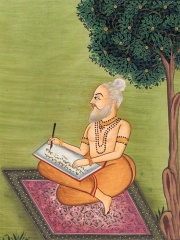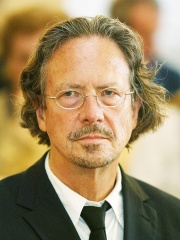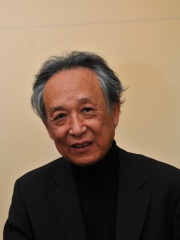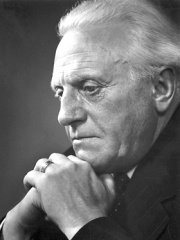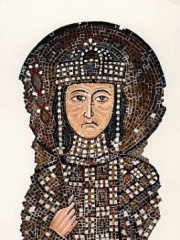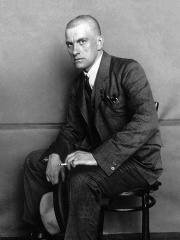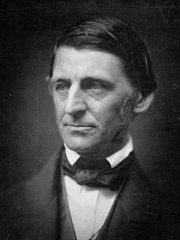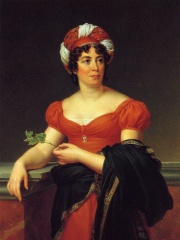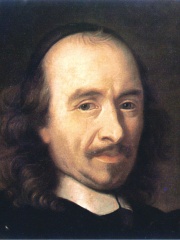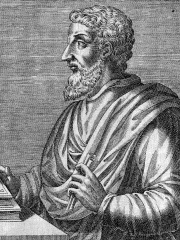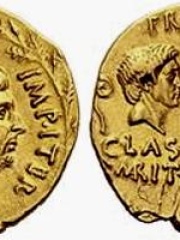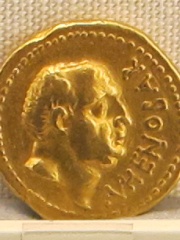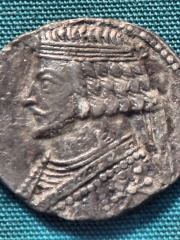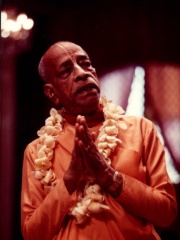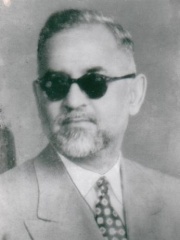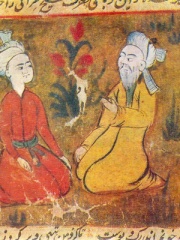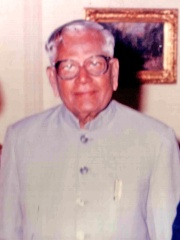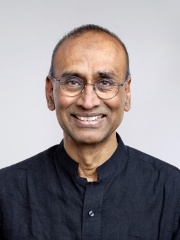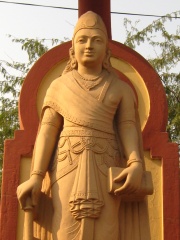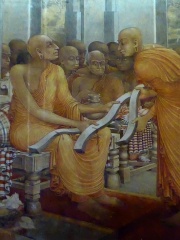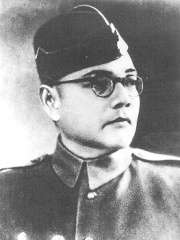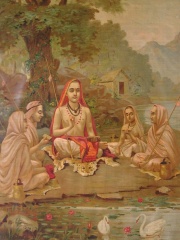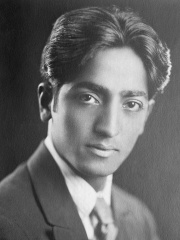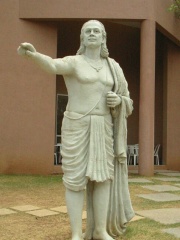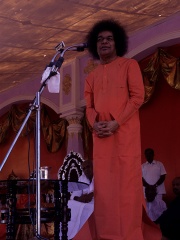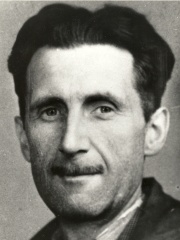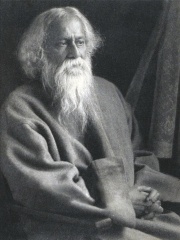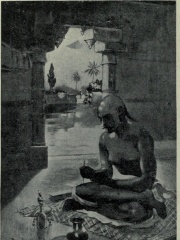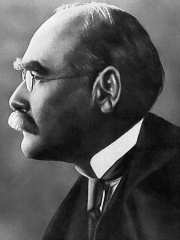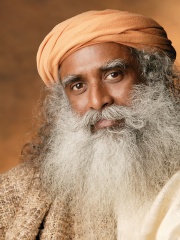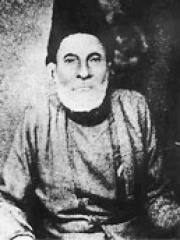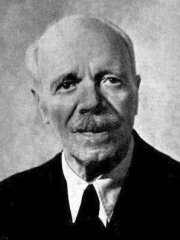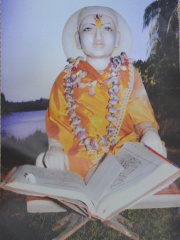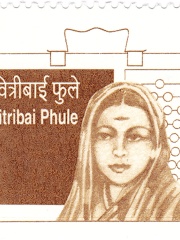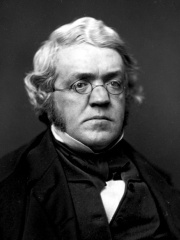作家
Valmiki
80 BC - 2 BC
JA.WIKIPEDIA PAGE VIEWS (PV)
Memorability Metrics
Page views of Valmiki by language
Among 作家
Among 作家, Valmiki ranks 281 out of 7,302. Before him are Peter Handke, Gao Xingjian, Pär Lagerkvist, Anna Komnene, Vladimir Mayakovsky, and Ralph Waldo Emerson. After him are Germaine de Staël, Isabel Allende, Kenzaburō Ōe, Pierre Corneille, Ludovico Ariosto, and Marcus Terentius Varro.
Most Popular 作家 in Wikipedia
Go to all RankingsPeter Handke
1942 - Present
HPI: 76.29
Rank: 275
Gao Xingjian
1940 - Present
HPI: 76.23
Rank: 276
Pär Lagerkvist
1891 - 1974
HPI: 76.22
Rank: 277
Anna Komnene
1083 - 1153
HPI: 76.22
Rank: 278
Vladimir Mayakovsky
1893 - 1930
HPI: 76.22
Rank: 279
Ralph Waldo Emerson
1803 - 1882
HPI: 76.21
Rank: 280
Valmiki
80 BC - 2 BC
HPI: 76.21
Rank: 281
Germaine de Staël
1766 - 1817
HPI: 76.21
Rank: 282
Isabel Allende
1942 - Present
HPI: 76.20
Rank: 283
Kenzaburō Ōe
1935 - 2023
HPI: 76.20
Rank: 284
Pierre Corneille
1606 - 1684
HPI: 76.18
Rank: 285
Ludovico Ariosto
1474 - 1533
HPI: 76.15
Rank: 286
Marcus Terentius Varro
116 BC - 27 BC
HPI: 76.15
Rank: 287
Contemporaries
Among people born in 80 BC, Valmiki ranks 2. Before him is Vercingetorix. After him are Sosigenes of Alexandria, Gnaeus Pompeius, Aenesidemus, and Gnaeus Domitius Ahenobarbus. Among people deceased in 2 BC, Valmiki ranks 1. After him are Phraates IV, and Iullus Antonius.
Others Born in 80 BC
Go to all RankingsVercingetorix
MILITARY PERSONNEL
80 BC - 46 BC
HPI: 79.79
Rank: 1
Valmiki
WRITER
80 BC - 2 BC
HPI: 76.21
Rank: 2
Sosigenes of Alexandria
ASTRONOMER
80 BC - 100 BC
HPI: 73.54
Rank: 3
Gnaeus Pompeius
POLITICIAN
80 BC - 45 BC
HPI: 72.31
Rank: 4
Aenesidemus
PHILOSOPHER
80 BC - 10 BC
HPI: 70.04
Rank: 5
Gnaeus Domitius Ahenobarbus
POLITICIAN
80 BC - 30 BC
HPI: 62.33
Rank: 6
Others Deceased in 2 BC
Go to all RankingsValmiki
WRITER
80 BC - 2 BC
HPI: 76.21
Rank: 1
Phraates IV
POLITICIAN
90 BC - 2 BC
HPI: 68.06
Rank: 2
Iullus Antonius
POLITICIAN
43 BC - 2 BC
HPI: 65.22
Rank: 3
In インド
Among people born in インド, Valmiki ranks 41 out of NaN. Before him are A. C. Bhaktivedanta Swami Prabhupada (1896), Zakir Husain (1897), Amir Khusrow (1253), Ramaswamy Venkataraman (1910), Venkatraman Ramakrishnan (1952), and Chandragupta Maurya (-340). After him are Buddhaghosa (401), Subhas Chandra Bose (1897), Adi Shankara (788), Jiddu Krishnamurti (1895), Aryabhata (476), and Sathya Sai Baba (1926).
Others born in インド
Go to all RankingsA. C. Bhaktivedanta Swami Prabhupada
RELIGIOUS FIGURE
1896 - 1977
HPI: 77.86
Rank: 35
Zakir Husain
POLITICIAN
1897 - 1969
HPI: 77.11
Rank: 36
Amir Khusrow
MUSICIAN
1253 - 1325
HPI: 76.92
Rank: 37
Ramaswamy Venkataraman
POLITICIAN
1910 - 2009
HPI: 76.57
Rank: 38
Venkatraman Ramakrishnan
CHEMIST
1952 - Present
HPI: 76.44
Rank: 39
Chandragupta Maurya
POLITICIAN
340 BC - 297 BC
HPI: 76.23
Rank: 40
Valmiki
WRITER
80 BC - 2 BC
HPI: 76.21
Rank: 41
Buddhaghosa
PHILOSOPHER
401 - 500
HPI: 76.08
Rank: 42
Subhas Chandra Bose
POLITICIAN
1897 - 1945
HPI: 75.85
Rank: 43
Adi Shankara
PHILOSOPHER
788 - 820
HPI: 75.37
Rank: 44
Jiddu Krishnamurti
PHILOSOPHER
1895 - 1986
HPI: 75.31
Rank: 45
Aryabhata
ASTRONOMER
476 - 550
HPI: 75.26
Rank: 46
Sathya Sai Baba
RELIGIOUS FIGURE
1926 - 2011
HPI: 75.23
Rank: 47
Among 作家 In インド
Among 作家 born in インド, Valmiki ranks 5. Before him are George Orwell (1903), Rabindranath Tagore (1861), Kālidāsa (400), and Rudyard Kipling (1865). After him are Jaggi Vasudev (1957), Salman Rushdie (1947), Ghalib (1797), Jim Corbett (1875), Tulsidas (1532), Savitribai Phule (1831), and William Makepeace Thackeray (1811).
George Orwell
1903 - 1950
HPI: 85.28
Rank: 1
Rabindranath Tagore
1861 - 1941
HPI: 83.47
Rank: 2
Kālidāsa
400 - 420
HPI: 82.51
Rank: 3
Rudyard Kipling
1865 - 1936
HPI: 79.04
Rank: 4
Valmiki
80 BC - 2 BC
HPI: 76.21
Rank: 5
Jaggi Vasudev
1957 - Present
HPI: 75.17
Rank: 6
Salman Rushdie
1947 - Present
HPI: 74.40
Rank: 7
Ghalib
1797 - 1869
HPI: 74.00
Rank: 8
Jim Corbett
1875 - 1955
HPI: 73.39
Rank: 9
Tulsidas
1532 - 1623
HPI: 73.16
Rank: 10
Savitribai Phule
1831 - 1897
HPI: 73.12
Rank: 11
William Makepeace Thackeray
1811 - 1863
HPI: 71.73
Rank: 12
